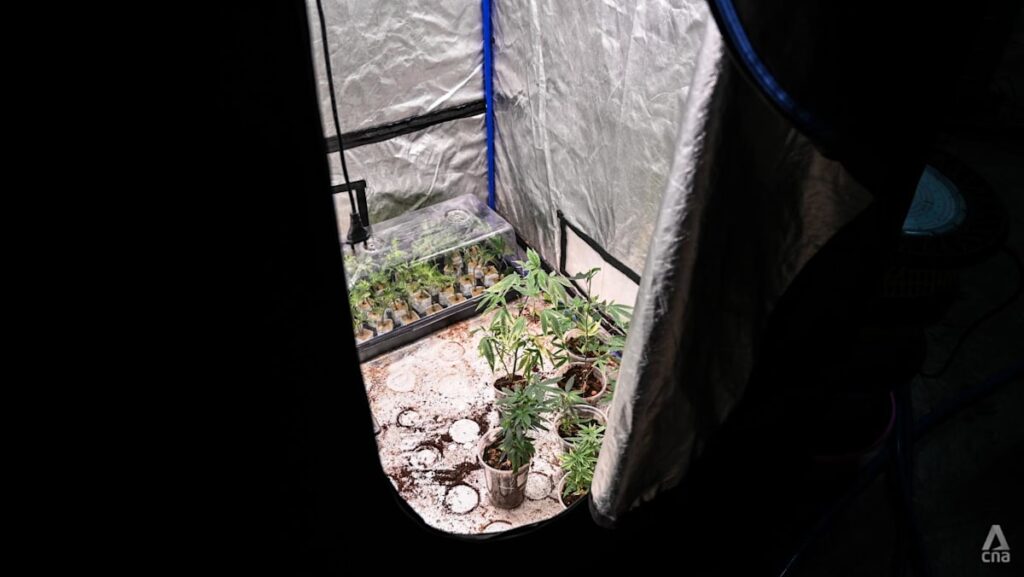BANGKOK: Since Thailand changed its laws on Jun 25 mandating cannabis be sold only for medical purposes, businesses say customers have turned to underground channels, causing sales at many of the country’s 18,000 licensed stores to plunge by up to 90 per cent.
The changes – which took place with the Ministry of Public Health’s announcement in the Royal Gazette – have caused fear and confusion among customers and shaken the will of struggling small businesses to follow the rules, they said.
While cannabis is still legal, there are extra hurdles for buyers and suppliers, including the requirement for customers to have doctors’ prescriptions.
There are several valid reasons for being prescribed cannabis, including headaches, nausea, epilepsy and cancer-related pain. Patient details, including name, age, nationality, identity card number and diagnosis, must also be kept on record.
Sellers who violate that order face a maximum one-year jail term and a 20,000 baht (US$618) fine, while also having their licences revoked.
There are limitations on the amount of cannabis an individual can purchase – 30 grams, which is considered a month’s supply.
Growers must now adhere to a government certification called Thailand GACP (Good Agricultural and Collection Practices), which is aimed at ensuring cannabis cultivation meets strict quality and safety standards for medical use.
On Monday (Sep 1), the ministry announced further clarifications aimed at supporting businesses.
They include having them register on a central ministry database, allowing for telemedicine access for new customers instead of a requirement for in-store clinicians and providing training to staff to improve their knowledge and professionalism in the industry.
Critics of the new rules say they are impractical to follow, and a result of the country’s cannabis policy being held hostage by politics. Its proponents, on the other hand, say they will help to rein in an industry that has run rampant and lacked quality control in recent years.
“We want to tell tourists they are welcome to enjoy Thailand’s culture and nature — but Thailand should not be seen as a destination for recreational cannabis use,” Public Health Minister Somsak Thepsuthin told CNN in June.
The new rules help plug a legal vacuum following the legalisation of cannabis use in the country, and prevent misuse, Somsak added.
“We are not shutting down cannabis shops, but we are prioritising medical regulation,” he said.
“Revenue may dip at first, but considering the social harm caused by unregulated use, the change is necessary … responsible, law-abiding businesses will remain stable and continue operating.”
Thailand’s Ministry of Commerce estimated in a 2022 report that the cannabis industry could be worth US$1.2 billion by 2025.
Read the full article here

